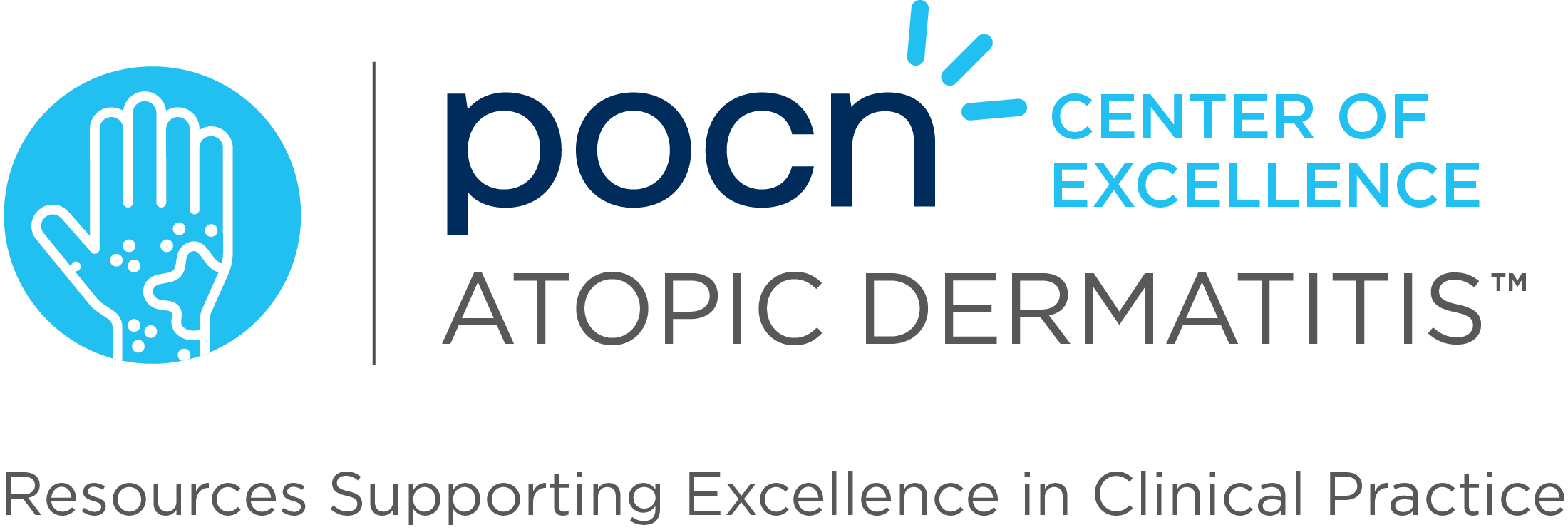In a study, researchers analyzed the pathophysiology of atopic dermatitis (AD), which involves genetic and environmental factors, including diet. Maternal dietary restrictions during pregnancy and lactation, as well as the use of hydrolyzed formulas and the delayed introduction of solid foods, have been studied but show no clear beneficial effect in preventing or treating AD. Conversely, exclusive breastfeeding for 3-4 months, diets rich in fruits and vegetables, and prebiotics might offer some benefits. Various dietary interventions have been explored, including eliminating certain foods and supplementing with omega-3 or omega-6 fatty acids, but these strategies have produced inconsistent results.
Environmental triggers, especially dietary factors, are considered significant in the development and management of AD. The role of vitamins, antioxidants, and minerals in AD treatment is not well established, though some studies suggest potential benefits of vitamins D, C, and E. The use of probiotics and prebiotics has shown promising results, primarily in AD prevention rather than treatment. Overall, while dietary habits and nutrition are key areas of interest in AD research, conclusive evidence for specific dietary interventions remains limited, highlighting the need for further research.
Reference: Khan A, Adalsteinsson J, Whitaker-Worth DL. Atopic dermatitis and nutrition. Clin Dermatol. 2022;40(2):135-144. doi: 10.1016/j.clindermatol.2021.10.006.



